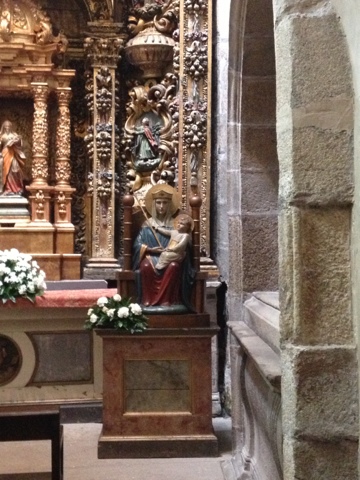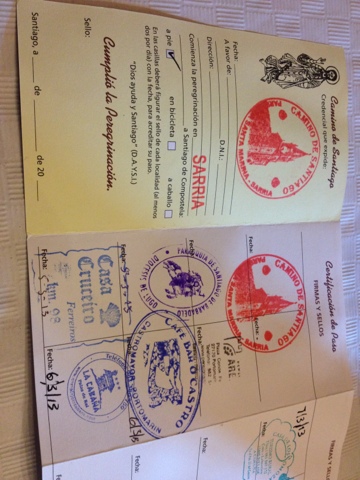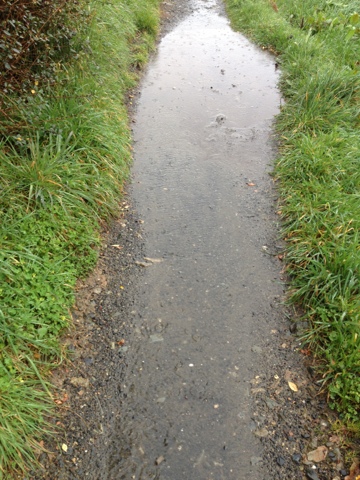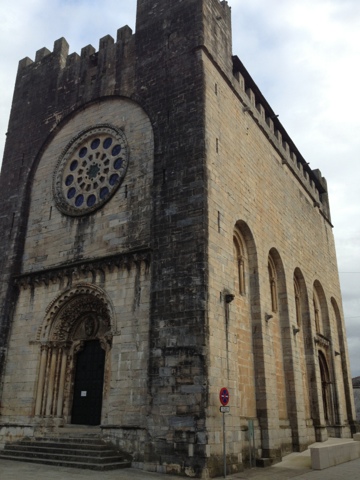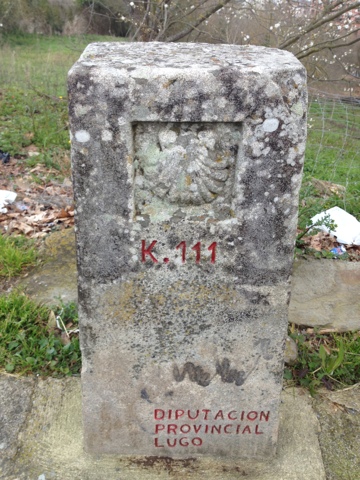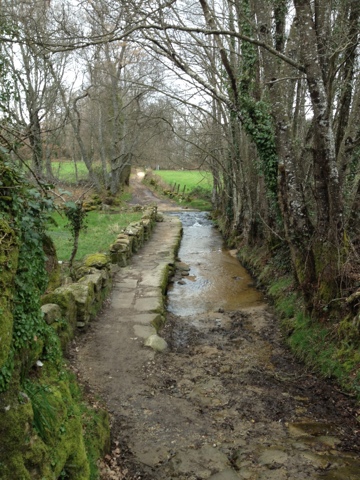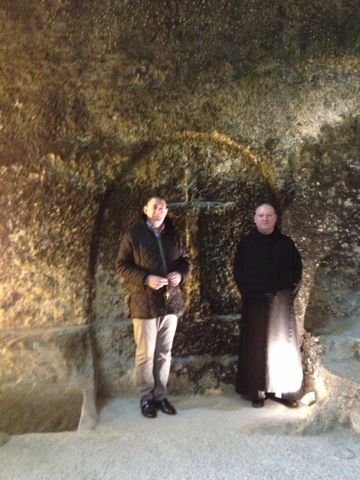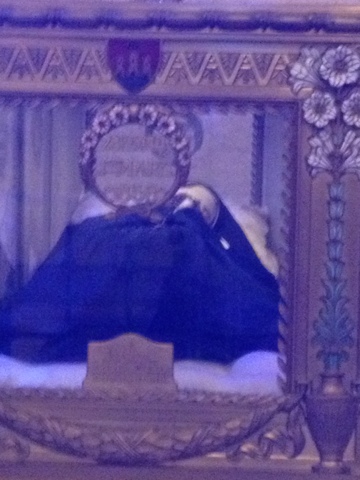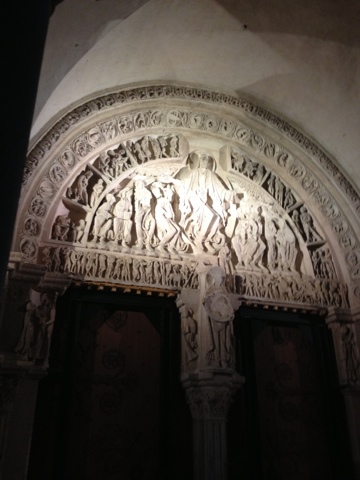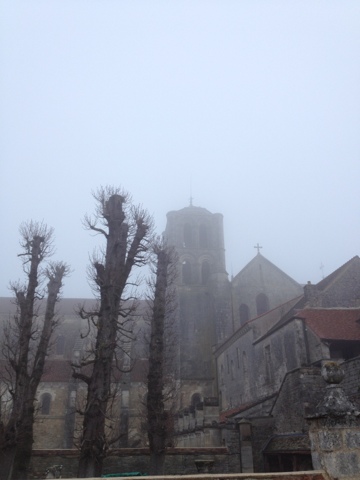 Pope Francis, will celebrate the Mass of the Lord’s Supper this year in the Casal del Marmo, a penal institution for young people in Rome. The holy Father has specifically asked that this liturgy be marked by simplicty. In doing this the Pope is departing from the tradition of the Bishop of Rome celebrating this mass in his Cathedral, St John Lateran by taking this liturgy to those in prison. That he does this will shock some and please others. He is not the first Pope in history to visit this particular institution of course. Both Benedict XVI and John Paul II did so, demonstrating their own care for the marigianlised, he is though the first to not celebrate the Liturgy of the Cena Domini, with solemnity and in public (we are told this event will not be televised).
Pope Francis, will celebrate the Mass of the Lord’s Supper this year in the Casal del Marmo, a penal institution for young people in Rome. The holy Father has specifically asked that this liturgy be marked by simplicty. In doing this the Pope is departing from the tradition of the Bishop of Rome celebrating this mass in his Cathedral, St John Lateran by taking this liturgy to those in prison. That he does this will shock some and please others. He is not the first Pope in history to visit this particular institution of course. Both Benedict XVI and John Paul II did so, demonstrating their own care for the marigianlised, he is though the first to not celebrate the Liturgy of the Cena Domini, with solemnity and in public (we are told this event will not be televised).
Clearly the Pope has mad a pastoral decision, that is well within his competence to make and we must again get used to a man who is a firm decision maker and who sees to it that his decisions are implemented. If some thought that John Paul II knew how to use his authority they should watch Pope Francis! Even so its clear that this change of venue is not at odds with liturgical law.
Beyond the change of venue though, what shall we make of Pope Francis’s reported intention to the wash and kiss the feet of 12 boys and girls from different nationalities and confessions during the Mass of the Lord’s supper?
Let us look at what the Roman Missal says: “The men who have been chosen……..” in Latin the word used is Viri, so we cant say “men” means “human” in this context. It is abundantly clear that the liturgical law requires those whose feet are to be washed to be selected from the male of the species. Many who read this will have experienced for many years, the priest washing the feet of women during this part of the liturgy but make no mistake that is a liturgical abuse. The tradition of the Church and the rubrics place an emphasis on the symbolism of Christ washing the feet of his disciples.
Departure from tradition is something many of us find uncomfortable. We can though, take comfort in the fact that the most noble and important traditions of the Catholic Church are codified and have legal standing. The legal systems of the church are not just for dealing with complicated martial situations!. Raymond Cardinal Burke, Prefect of the Apostolic Signatura (often referred to as Chief Magistrate of the Church) has delivered conferences on the juridical nature of the liturgical instructions and rubrics. Liturgical law is Law!
We know that as lay people we have a right under the law of the Church to be provided access to the liturgy of the church, properly celebrated according to the norms of the Roman Missal and the other liturgical books. When that right is infringed we may and are encouraged to, complain to the local Bishop or to Rome (Congregation or Divine Worship and the Discipline of the Sacraments). Some liturgical abuses are more serious than others of course yet it is clear that some are considered so severe that they are classed as graviora delicta (more grave crimes) with pardon from such offences, in the external forum, being reserved to the Congregation of the Doctrine of the Faith. One example of a liturgical offence of this sort would be the attempted ordination of a woman (CDF 19 Dec 2007).
Now most of the liturgical abuse we witness in many of our parishes, day by day, are not of this order and don’t warrant more than the raising of an eyebrow. Yet we must be certain that what the Church lays down in the liturgical books and especially when it is in conformity with the long tradition of the Church, over many centuries, is what is being celebrated. If not then we are impoverished to some degree.
Pope Francis will depart from an ancient tradition, codified in the liturgical books and he will do this as an act of his own will, using his power as Pope. He can do this of course as he isn’t subject to the law as we are.
Canon 332 says of the Pope, “he has supreme, full, immediate and universal ordinary power in the church , and he can always freely exercise this power”. So this derogation by the Pope from the liturgical norms for Holy Thursday is an exercise of his power as Vicar of Christ. The question hangs in the air as to whether this liturgical change now applies to the entire Latin Rite Church or whether it should be seen as a particular departure from tradition in these circumstances alone.
It surely better that changes which need to be made to the liturgical laws are made by means of a clear juridical process (i.e. a motu proprio), not so much because of this case but because there may be other more significant changes to come.
God bless our Pope!
GJ








